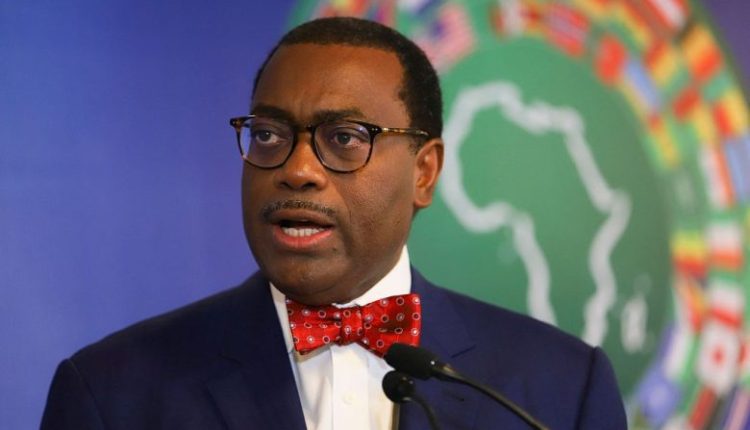AfDB boss, Adesina proposes ‘United States of Nigeria’ to achieve restructuring, federalism
Maureen Aguta
The President, African Development Bank Group, Dr Akinwumi Adesina, has proposed “The United States of Nigeria” as a new name to replace the Federal Republic of Nigeria.
Adesina made this call in a statement by his Special Adviser on Industrialisation, Prof. Banji Oyelaran-Oyeyinka, made available to newsmen on Saturday.
Adesina was made the appeal in a speech titled “Making a New Nigeria: Welfarist Policies and People-Centred Development,” which he presented as the winner of the 2024 Obafemi Awolowo Prize for Leadership.
He said that changing the name to the “United States of Nigeria” would redefine the relationship between the states and Abuja, with the states serving as the fulcrum and the centre supporting them rather than lording over them.
The statement reads: “From our forgotten rural villages to our boisterous and dynamic urban areas. From the sparks of desire in the eyes of our children to the lingering hope in the hearts of our youths.
“From the yearnings of our women and mothers and our men and fathers for a better tomorrow, and the desires of the old that our end would be better than our past. From the hardworking street vendors and small businesses to the largest business conglomerates, we must create a movement of hope.”
He added that “the achievement of economically viable entities and the viability of the national entity requires constitutional changes to devolve more economic and fiscal powers to the states or regions. The stronger the states or regions, the stronger the federated units.”
Adesina maintained that in order to get out of the economic morass, Nigeria must be restructured, and that restructuring should be driven by economic and financial viability rather than political expediency.
“Economic and financial viability are the necessary and sufficient conditions for political viability.
“If there was one attribute that defined Chief Obafemi Awolowo, and there were many, it would be his visionary boldness. He went where others feared or failed to go. In the process, decades later, his footprints remain in the sands of time. Likewise, today, in Nigeria, we need men and women with vision, who are willing to take bold decisions,” he said.
He noted that Nigerians paid one of the world’s highest implicit tax rates, and that when governments or institutions failed to provide basic services, the people bore the brunt of a huge implicit tax.


